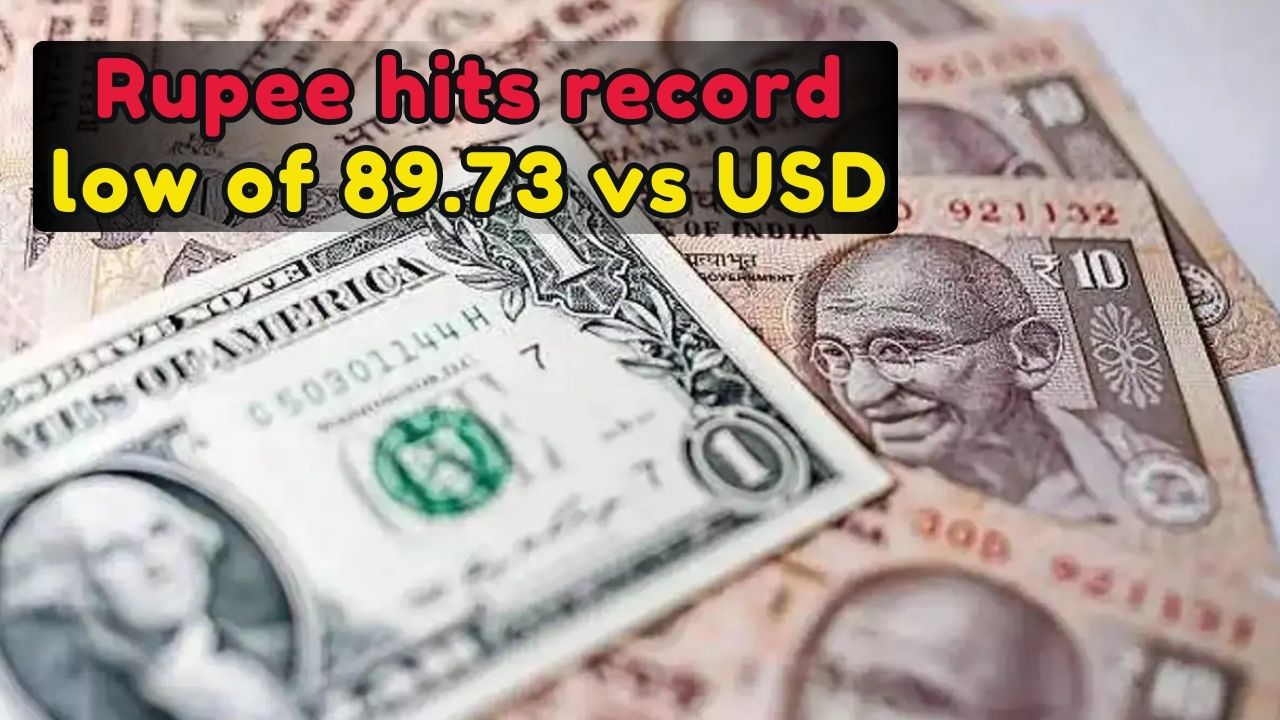Credit cards have become an essential part of financial planning for many households. From online shopping to emergency expenses, a card offers convenience and flexibility. However, some users feel the need to close their credit card due to rising annual charges, changing financial habits or fear of overspending. While this may appear to be a smart decision, closing a credit card without understanding its consequences can severely affect your CIBIL score. Your CIBIL score determines whether you can get a personal loan, home loan or car loan in the future. A lower score makes borrowing difficult and may result in higher interest rates.
This detailed guide explains what happens when you close a credit card, how it affects your credit profile and what precautions to take before making the final decision.
How Closing a Credit Card Affects CIBIL Score
Closing a credit card directly impacts three major parameters of your credit profile: credit utilisation ratio, credit history and credit mix. These factors together influence your score and determine your creditworthiness.
Short Summary Table
Key Details |
Information |
|---|---|
Topic |
Impact of closing credit cards on CIBIL score |
Main Risk |
Drop of 50 to 100 points in score |
Key Factors Affected |
Credit utilisation, credit history, credit mix |
Safe Practices |
Pay balance, redeem rewards, avoid multiple closures |
Who Should Be Careful |
Users with old or high limit cards |
Recommended Action |
Keep card active with low or no usage |
Official CIBIL Website |
Impact on Credit Utilisation Ratio CUR
Credit utilisation ratio is the percentage of the credit limit you use compared to the total limit available. It is one of the most important factors in calculating a CIBIL score.
Example to Understand CUR
- Total limit of both cards: 200000
- Monthly spending: 50000
- CUR percentage: 25 percent
If you close one card with a limit of 100000, your total available limit drops to 100000. The same spending of 50000 will now take your utilisation to 50 percent.
A CUR above 30 percent is considered risky by lenders. A sudden rise in utilisation can reduce your CIBIL score by 50 to 100 points. A higher CUR indicates heavy dependence on credit, which banks see as a negative sign.
Impact on Credit History
Your credit history shows how long you have been using credit. Old credit cards with a good repayment record improve your score because they demonstrate reliability and consistency.
Closing an old card shortens your credit history. The average age of your open accounts decreases and lenders may view this as a lack of long term credit discipline. Even if you have paid all bills on time, closing an old card can lower your score and reduce your chances of quick loan approval.
Impact on Credit Mix
Credit mix refers to the different types of credit you hold, such as credit cards, home loans, car loans and personal loans. A balanced mix shows that you can handle multiple forms of credit responsibly.
Closing a credit card reduces this balance. It can negatively affect around 10 percent of your overall credit profile. While the impact may not be severe in all cases, it can still lower your score, especially if you already have limited credit history.
Advantages of Closing a Credit Card
Although there are some disadvantages, closing a card does come with a few benefits.
Key Advantages
- Saves annual fees or renewal charges
- Helps control unnecessary spending
- Simplifies financial management
- Reduces dependency on multiple cards
- Useful when restructuring financial plans
- Beneficial during life transitions such as job change or travel abroad
These advantages make closure a practical option for users who do not require multiple cards or want to avoid high charges.
Disadvantages of Closing a Credit Card
Closing a credit card can create certain challenges that affect your financial future.
Major Disadvantages
- Sudden drop in CIBIL score
- Higher credit utilisation ratio
- Shortened credit history
- Difficulties in getting loans easily
- Higher interest rates for future borrowings
- Loss of old positive repayment record
- Impact on credit mix
Because of these disadvantages, experts often advise users to think carefully before closing any long standing or high limit credit card.
Important Tips Before Closing a Credit Card
If you decide to close a card, follow these steps to protect your CIBIL score and avoid financial disruption.
Steps to Follow
- Pay the complete outstanding balance
Ensure no dues remain because even a small pending amount can create an issue after closure. - Redeem all reward points
Once a card is closed, all unredeemed points are lost permanently. - Transfer the balance if needed
If you want to maintain a healthy utilisation ratio, consider shifting your balance to another active card. - Avoid closing multiple cards at once
Leave at least a six month gap between two closures to avoid a big drop in your score. - Prefer keeping old cards active
Old cards improve credit history and help maintain a low utilisation ratio. - Use sleeping mode instead of closure
Keep the card active but minimise or stop usage to avoid annual fees or misuse. - Monitor your CIBIL score after closure
Regular monitoring helps you take corrective steps if the score drops.
Following these tips ensures that card closure does not affect your creditworthiness.
Frequently Asked Questions
1. Does closing a credit card reduce the CIBIL score
Yes. Closing a card can reduce your score due to changes in utilisation ratio, credit history and credit mix.
2. Should I close my oldest credit card
It is not recommended, as old cards help maintain a long credit history and improve your score.
3. How long should I wait before closing another credit card
It is better to maintain a gap of at least six months.
4. Will my reward points remain after closure
No. All reward points are lost once the card is officially closed.
5. Can I keep a credit card without using it
Yes. You can keep it active in sleeping mode to maintain credit history without heavy usage.
Conclusion
Closing a credit card is not always a negative decision, but it requires planning and timing. Understanding how it affects your credit utilisation ratio, credit history and overall CIBIL score is essential. If done wisely, card closure can help simplify your finances. However, closing a card without strategy can lower your score and make future borrowings difficult. Evaluate your financial needs, pay dues on time, and make an informed decision based on long term benefits.
For More Information Click HERE








